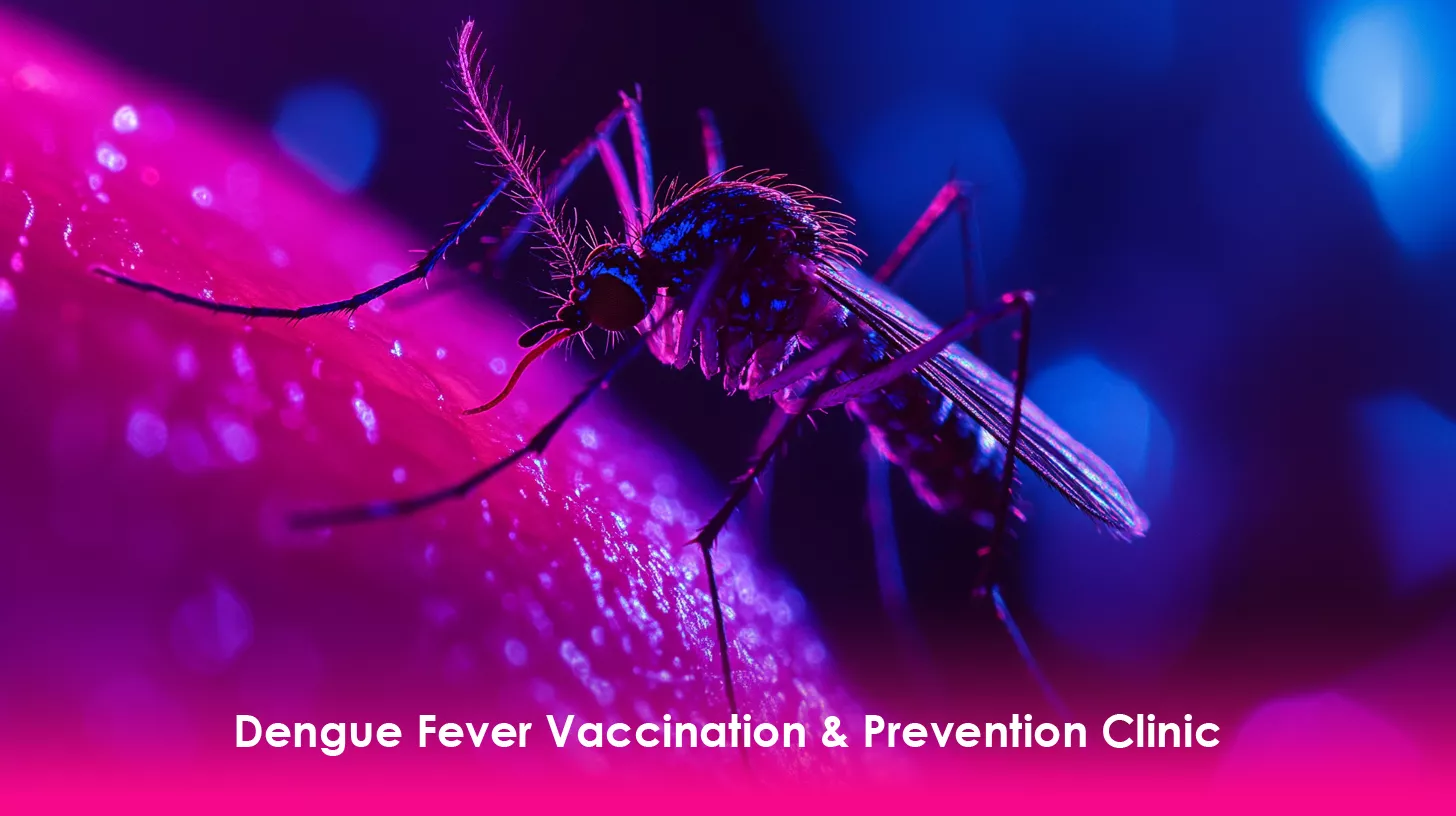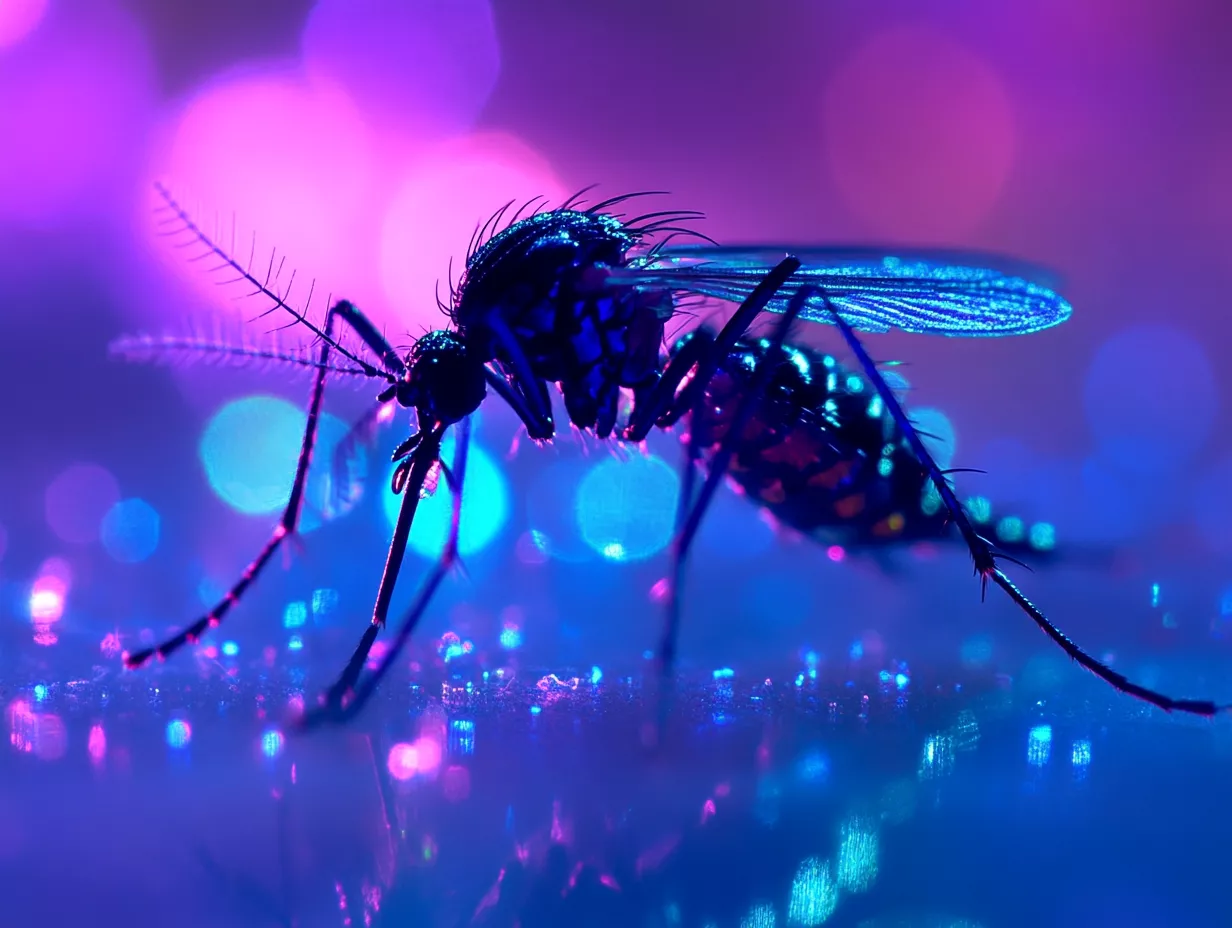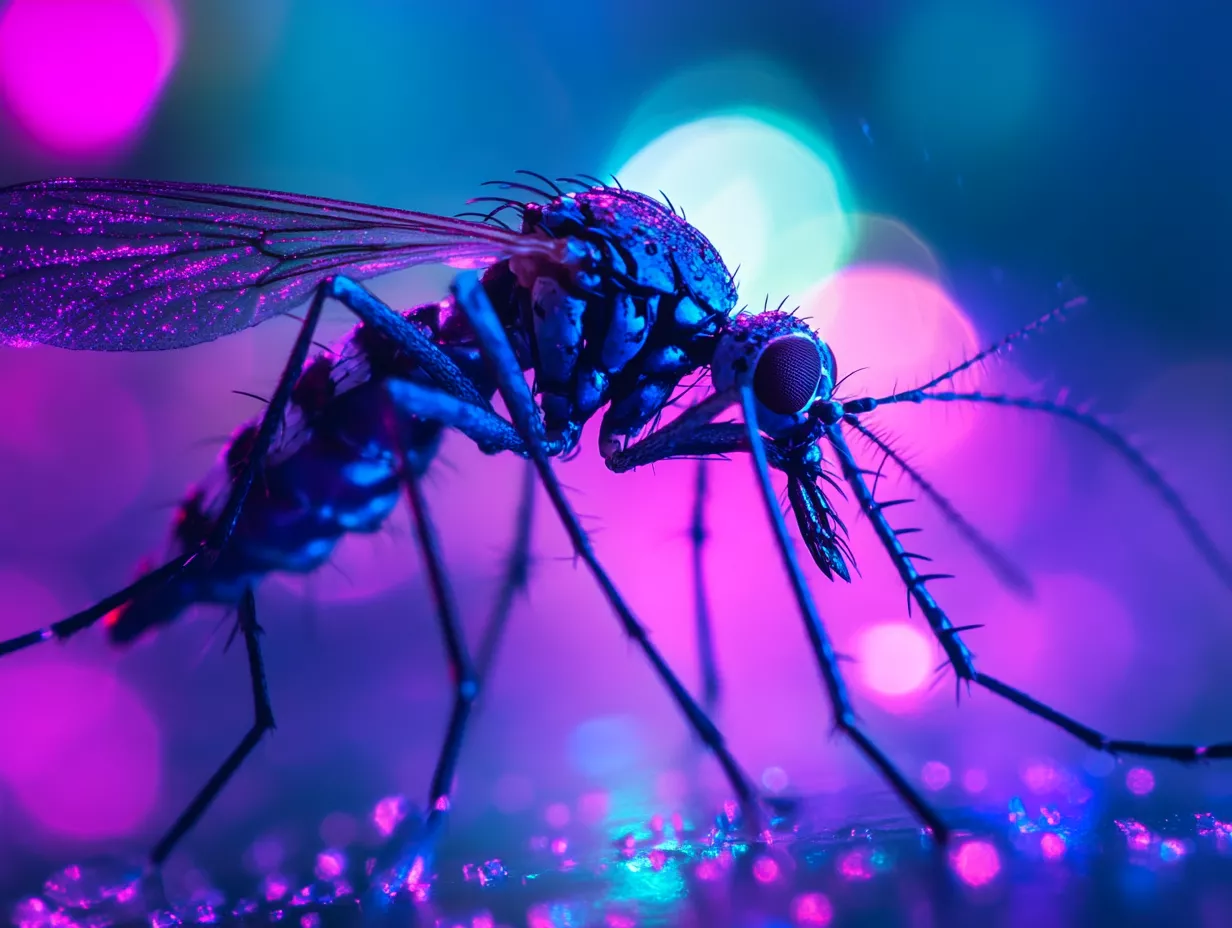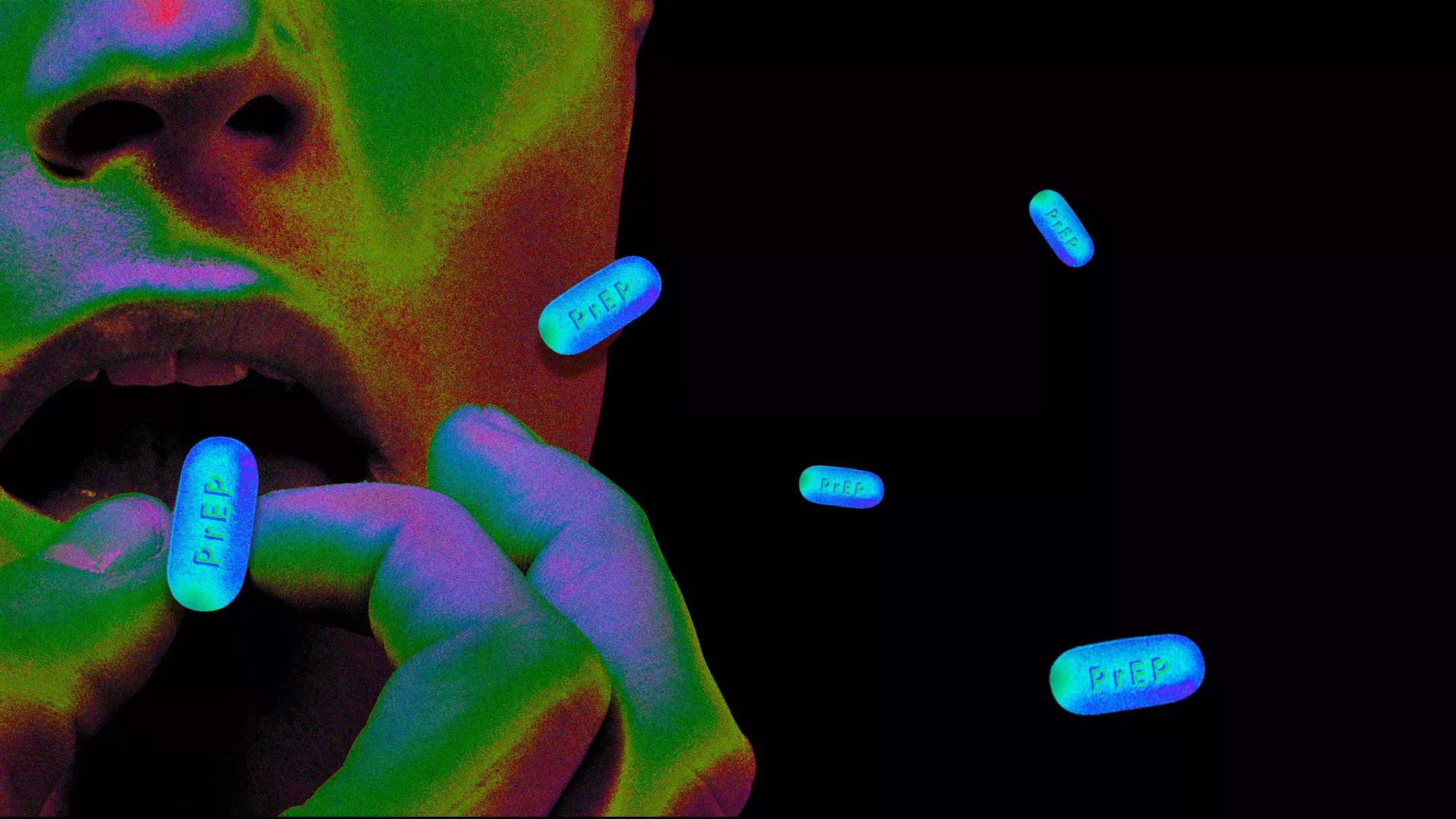Dengue Fever Vaccination & Prevention Clinic in Bangkok, Chiang Mai, Pattaya, Phuket, and Koh Samui, Thailand
5502
Dengue Fever Vaccination & Prevention Clinic in Bangkok, Pattaya, Phuket, and Chiang Mai, offering vaccines and protection to prevent dengue fever.

Dengue Fever Vaccination & Prevention Clinic in Bangkok, Chiang Mai, Pattaya, Phuket, and Koh Samui, Thailand
Dengue fever is a serious health concern in Thailand, particularly during the rainy season, and vaccination plays a vital role in prevention. PULSE Clinic offers Dengue Fever Vaccination & Prevention services at multiple locations across Thailand, including Bangkok, Chiang Mai, Pattaya, Phuket, and Koh Samui. The clinic provides comprehensive care, offering vaccination for those at risk and guidance on effective preventive measures such as avoiding mosquito bites and maintaining a clean environment. With expert medical staff and accessible locations, PULSE Clinic ensures that individuals can protect themselves against dengue fever while enjoying a safe and healthy experience in Thailand.
The price of the dengue vaccine.
| Item | Price |
| Dengue Tetravalent Vaccine (Qdenga) | 3600THB |
Stay safe from dengue fever—contact us for vaccination and testing.
Contact us at info.bkk@pulse-clinic.com or chat on your preferred platform:
![]() +66 65 237 1936
+66 65 237 1936  @PULSEClinic
@PULSEClinic ![]() PulseClinic
PulseClinic
Qdenga Vaccine for Dengue Prevention
Dengue fever is a mosquito-borne viral infection that poses a significant public health threat, particularly in tropical and subtropical regions. With the increasing incidence of dengue, prevention strategies like vaccination and testing are vital to mitigate the risk. In this article, we explore Qdenga and the role of testing in effective prevention.
What is Dengue Fever?
Dengue fever is caused by the dengue virus, which the Aedes mosquito spreads. The virus has four strains: DENV-1, DENV-2, DENV-3, and DENV-4. Symptoms range from mild, flu-like signs to severe forms such as dengue hemorrhagic fever or dengue shock syndrome, which can be life-threatening. Common symptoms include high fever, joint and muscle pain, headache, and rash.
What are the symptoms of Dengue?
Dengue fever, also referred to as "breakbone fever," is not only characterised by a high fever but also by severe pain, including intense headaches, pain behind the eyes, and muscle and joint aches. These symptoms typically appear 4–10 days after infection and can last from 2 to 7 days.
While about one in four individuals infected with dengue will experience mild symptoms, this is not the case for children or adults who are re-infected. They are at a higher risk of developing severe forms of dengue, such as dengue hemorrhagic fever (DHF) and dengue shock syndrome (DSS). Warning signs to watch for usually begin 24–48 hours after the fever subsides and include abdominal pain, tenderness, frequent vomiting (at least 3 times in 24 hours), nosebleeds or gum bleeding, vomiting blood, blood in the stool, as well as feelings of fatigue, restlessness, or irritability. It is crucial to seek a diagnosis from a physician promptly and receive appropriate treatment to reduce the risk of severe illness, which could potentially be fatal.
Dengue Vaccines: Qdenga
Vaccination plays a critical role in dengue prevention.
Qdenga Vaccine
The Qdenga vaccine is a newer, live-attenuated dengue vaccine that offers broader protection against all four dengue virus strains.
Key Features of Qdenga
- Wider Age Range: Qdenga ipreviously had dengues approved for individuals aged 4 to 60 years, regardless of whether they have had dengue previously.
- Dose Schedule: Two doses of Qdenga are administered subcutaneously, with a 3-month interval between them.
- High Efficacy: Qdenga provides up to 80% protection against all four virus strains (DENV-1 to DENV-4), along with a 90.4% reduction in hospitalisation rates and an 85.9% reduction in disease severity.
Advantages of Qdenga
- No need for pre-vaccination screening to confirm previous dengue exposure
- Can be administered regardless of past infection history
- Provides significant protection against all four dengue virus strains
Limitations of the Qdenga Vaccine
While Qdenga offers broad protection, there are certain limitations and contraindications to consider:
- Immunocompromised Individuals: Qdenga is not recommended for people with weakened immune systems, such as those on immunosuppressants, chemotherapy, or high doses of steroids.
- Allergic Reactions: Individuals with a history of severe allergic reactions to components of the Qdenga vaccine should avoid vaccination.
- Pregnant and Breastfeeding Women: Qdenga is contraindicated for pregnant women and breastfeeding mothers. Women of reproductive age are advised to use birth control for at least one month after receiving the vaccine.
- People with Drug Hypersensitivity Syndrome: Individuals with hypersensitivity to the vaccine or who have previously experienced sensitivity to dengue vaccines should avoid Qdenga.
Trust PULSE CLINIC to take care of your health like other 45000 people from over 130 countries. We provide discreet professional service with high privacy. Here to help, not to judge.
What are the potential side effects of the dengue vaccine?
The dengue vaccine may cause temporary side effects within a few days, such as soreness, itching, pain at the injection site, headaches, fatigue, and general discomfort. Some individuals may experience fainting after receiving the vaccine. If you feel dizzy, notice changes in your vision, or experience ringing in your ears, inform your doctor. As with any medication, there is a risk of a severe allergic reaction or other serious complications.
Where to get dengue testing?
In addition to vaccination, testing for dengue is a critical preventive tool.
| Test Type | Price (THB) | Result Availability |
| Dengue virus IgG/IgM screening | 990 THB | 1-2 working days |
| Dengue NS1 Antigen | 1890 THB | 1-2 working days |
| Dengue PCR (RNA) | 3990 THB | 1-2 working days |
Testing is significant for those considering the dengue vaccine, as it helps ensure that only individuals with previous infections are vaccinated.
Dengue fever is a growing global health threat, and prevention through vaccination and testing is critical. The Dengvaxia vaccine is highly recommended for adolescents with prior dengue infection living in high-risk areas. In contrast, the Qdenga vaccine offers a more flexible option, protecting a more comprehensive age range without needing pre-vaccination testing. However, both vaccines have specific contraindications and limitations, so it is essential to consult a healthcare provider to determine the best course of action for dengue prevention.
By combining vaccination with proper testing, we can significantly reduce the incidence and severity of dengue fever and protect vulnerable populations from this severe viral infection.
FAQ about Dengue Vaccine
How many doses are required for the dengue vaccine?
A total of three doses are required: on Day 0, at 6 months, and 12 months.
Who is eligible for the dengue vaccine?
The vaccine is recommended for individuals aged 9 to 45 who live in areas at risk for dengue. They should have had a previous dengue infection and must not have any contraindications to the vaccine, such as allergies, pregnancy, breastfeeding, immunocompromised conditions, or cancer. The vaccine is not recommended for travellers.
What is the efficacy of the dengue vaccine?
The vaccine is about 65% effective in preventing dengue infection. Research also indicates that individuals who receive the vaccine and later contract dengue tend to experience less severe symptoms and are less likely to be hospitalised.
What should I do if I want to get the dengue vaccine?
You can book your appointment at PULSE Clinic to get vaccinated.
How long does the dengue vaccine provide protection?
Currently, there is not enough scientific data to provide a definitive answer. Clinical studies have followed participants for up to 6 years, and no booster shots are currently recommended, as many still maintain antibodies. However, it is unclear whether individuals will still be protected against dengue 10 or 15 years after vaccination. More research is needed to provide a clear answer.
Are there side effects after the dengue vaccine?
The majority of negative effects arise after 2 days of injection and resolve within three to four days. The majority of negative effects arise after 2 days of injection and resolve within three to four days.
Is the dengue vaccine safe for children in Thailand?
The vaccination is safe, and the reported adverse effects are mostly minor, such as localised soreness at the injection site, headaches, and muscular pain. These adverse effects often resolve on their own within 1-3 days.
Book your appointment for Qdenga vaccination today and stay protected from dengue fever
Contact us at info.bkk@pulse-clinic.com or chat on your preferred platform:
Trust PULSE CLINIC to take care of your health like other 45000 people from over 130 countries. We provide discreet professional service with high privacy. Here to help, not to judge.
Loading...
Clinic Locations
Loading...














